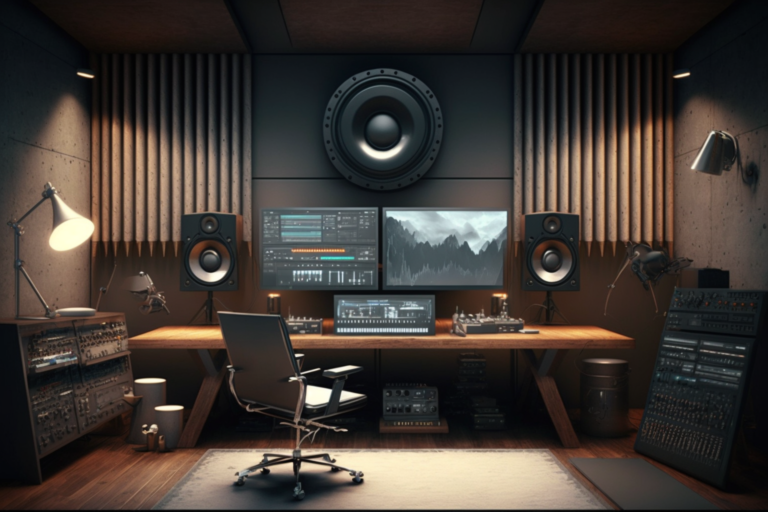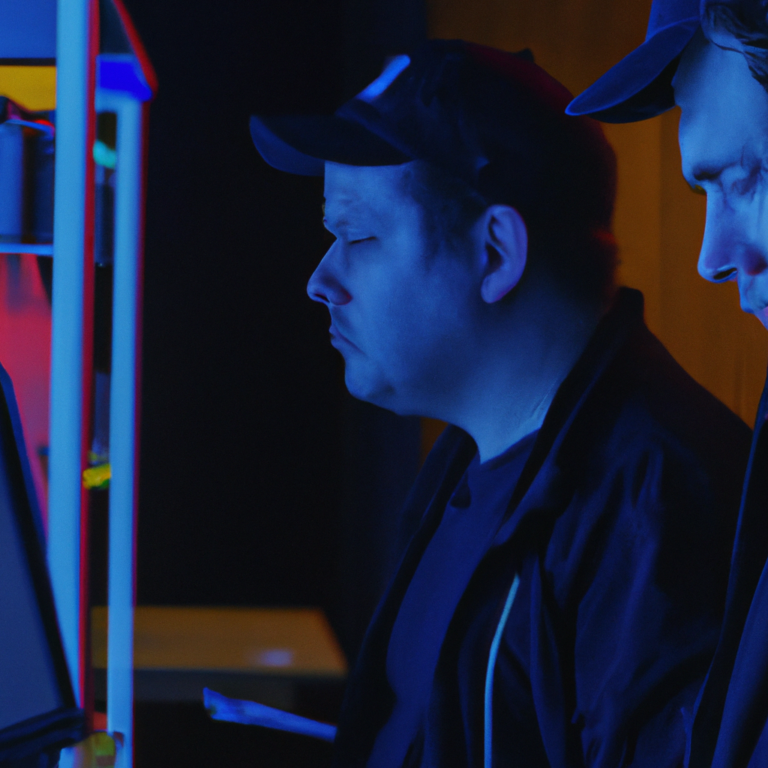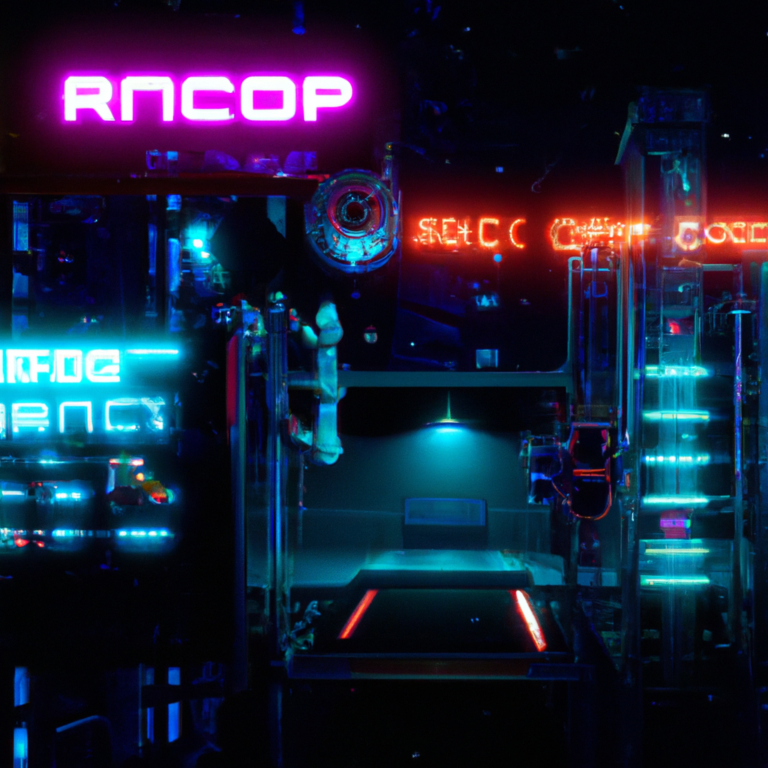“Mastering the Art of Debugging: Effective Troubleshooting Strategies in Game Development”
The world of game development can be as challenging as it is rewarding. One of the most substantial parts of the process is debugging and troubleshooting – an essential skillset for any developer. But fear not! Here, we’ve compiled some tried and true tips to guide you through the debugging process, so you can spend more time creating and less time stumped over errors.
1. **Start with a Clear Understanding of the Game**: Before diving into the code, it’s crucial to understand the game’s mechanics, rules, and structure. By doing so, you’ll be able to identify when something is going wrong and have a better idea of where the problem might reside in your code.
2. **Use Debugging Tools**: Modern game development platforms like Unity and Unreal Engine come with built-in debugging tools. These tools can help you step through your programs line by line, inspect variables and call stack, watch expressions and more. Make sure to take full advantage of these features. They can be your best friends when it comes to hunting down elusive bugs.
3. **Conduct Systematic Testing**: Always test your game after making any changes in the code, even if they seem minor. You can do this by running unit tests for individual components or integration tests to see how different parts of your game interact. Automated testing can also help detect issues early on before they cause significant problems.
4. **Keep Your Code Organized**: A well-structured and organized codebase can save a lot of debugging time. Use meaningful variable and function names, include comments explaining complex code sections, and follow good coding practices. This will make it easier for you (or any other developer) to understand what each piece of code is intended to do, making it easier to spot when something is not working as it should.
5. **Employ Version Control**: Using a version control system such as Git can be a lifesaver. It allows you to keep track of the changes you’ve made, and if you introduce a bug, you can easily revert back to a previous version of your code. This can make troubleshooting much easier and more efficient.
6. **Isolate the Problem**: When you encounter a bug, try to isolate the problem by creating the simplest test case that reproduces the issue. This often involves stripping away parts of the code until you’re left with the minimum amount of code that still exhibits the problem. Remember to test these cases in a controlled environment.
7. **Seek Help Online**: If you’re stuck, don’t be afraid to ask for help. Platforms like StackOverflow, Github, Reddit, and even the forums related to the game engine you’re using can be incredibly resourceful. Chances are, someone else has encountered the same problem and found a solution.
8. **Take Regular Breaks**: Debugging can often feel like finding a needle in a haystack. If you’re feeling frustrated or stuck, it can sometimes be best to step away for a bit. Taking breaks can prevent burnout and often lead to fresh perspectives when you return.
9. **Keep Learning**: Stay updated with new technologies, techniques, and best practices in game development. This continuous learning can equip you with better tools and methodologies for debugging and problem-solving.
Remember, debugging is an integral part of game development, and even the most experienced developers encounter bugs in their code. It’s all part of the process. With these tips in your arsenal, you’ll be well-equipped to handle the challenges that come your way, ensuring the smooth development and success of your game. Happy coding!







